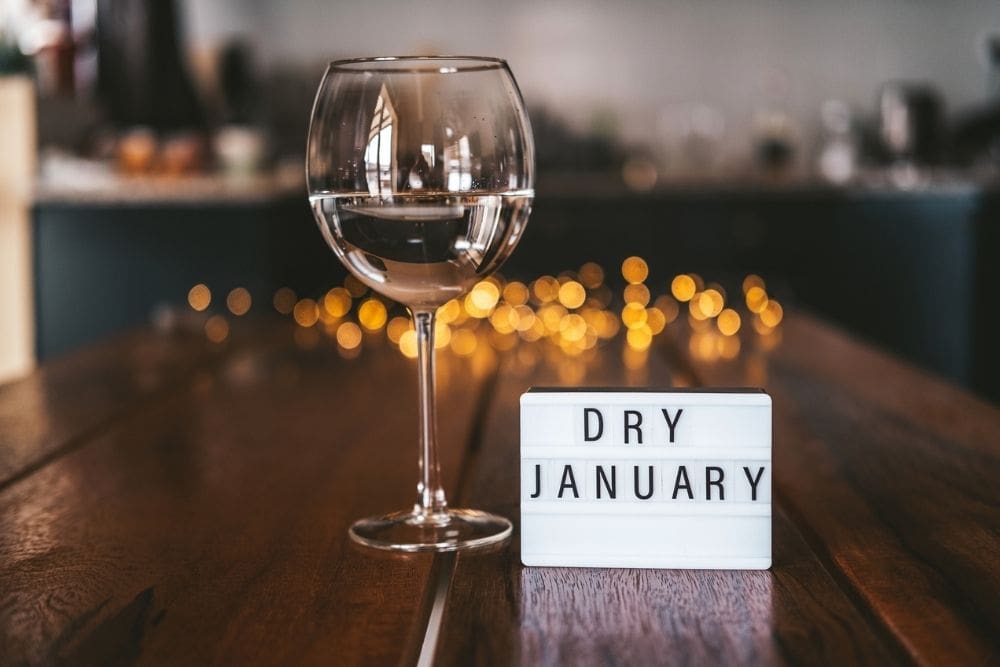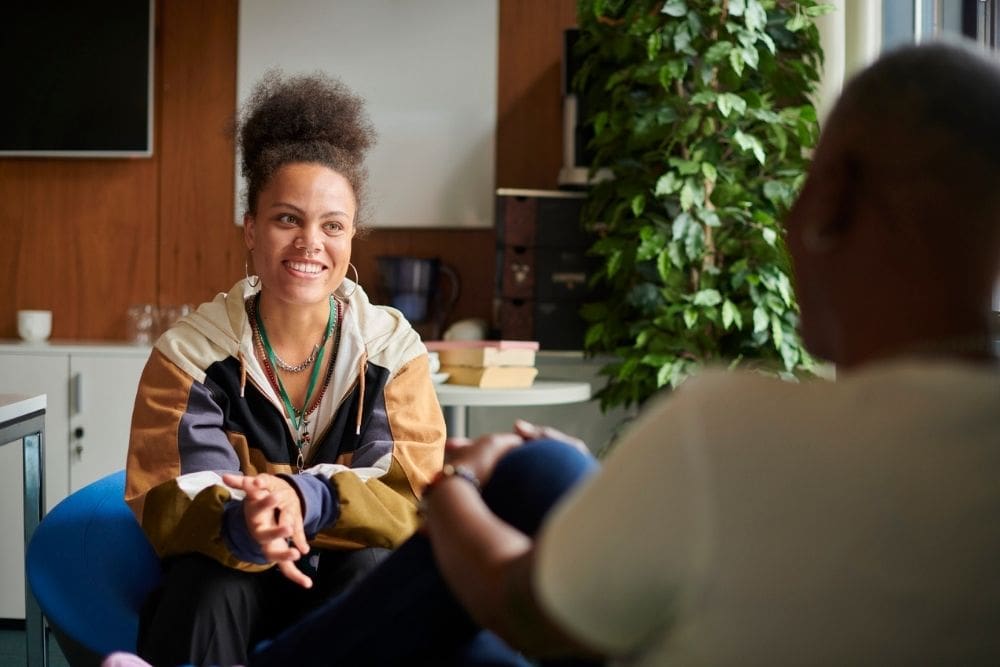Much of what happens in recovery is a rebuilding of thoughts, feelings, behaviors, and—ultimately—a life. Starting fresh in sobriety requires putting new foundations into place to guide and sustain a healthy, substance-free lifestyle. Part of this includes learning how to identify negative patterns (or toxicity) in your relationships and your own behaviors.
What Does it Mean to be Toxic?
Toxicity in a relationship is present when the relationship makes one or both people feel regularly misunderstood, undervalued, or unwanted. If you feel that a relationship is negatively affecting your emotional, psychological, or physical well-being, that relationship is probably toxic on some level.
Please note: if you’re dealing with physical abuse and are concerned about your bodily safety, contact authorities and get help immediately. We can be injured on many levels, both intentionally and unintentionally, but if the injury you are experiencing is physical, the relationship has gone beyond toxic to outright abusive.
Warning Signs of a Toxic Relationship
Even when you know the definition of a toxic relationship, it can still be confusing to confirm if you’re in one. Toxicity is often subtle, but we offer below some more concrete indications of toxicity:
- The person is unable to take responsibility for their actions or accept the consequences of their actions.
- The person still drinks or uses the substances around you even when they know you’re trying to stay sober. They are dismissive of your commitment to change.
- The person constantly criticizes you but also refuses to work on their own issues.
- They openly and constantly refuse to respect rules and boundaries that you have put in place.
It can be difficult to admit that a relationship you’ve built with someone is toxic. You may feel ashamed, silly, deceived, frustrated, offended—these are all normal emotions to experience when you begin to realize that your relationship isn’t healthy. If needed, work with a counselor or mentor to process these emotions. This will help you stay firm in your commitment to healing.
How to Handle a Toxic Relationship
We encourage you to take action if you suspect you’re in a toxic relationship. Depending on the situation, the relationship may have the potential to be corrected. If you believe you and your loved one or friend can change and heal together, seek out therapy together. A therapist can help you each recognize your behavior patterns and adjust them.
Of course, not all relationships can continue—nor should they, especially if they’re impeding your ability to stay sober. Some personalities can only remain compatible for so long, and that’s okay. Accepting that someone needs to leave—or that you need to leave–is one of the healthiest, most loving actions you can take in recovery. If you believe the relationship is beyond repair, there are a couple of approaches to ending it.
- Tell the person you need to end the relationship and explain why. If you feel unsafe doing so, choose to have the conversation in a public space. You may also want to bring a friend with you for support.
- If you’re not living with the person, you could simply allow the relationship to lessen and fade over time by communicating less and less.
Warning Signs of Your Own Toxicity
Toxicity in others looks different than toxicity in ourselves (this is often why people can point out your toxic behavior but be unable to acknowledge their own).
Whether or not you suspect you might be behaving in a toxic way, it’s always good to develop self-awareness. Taking an honest look at yourself might reveal one or more the following patterns:
- You actively manipulate people to get your way.
- You find it impossible to apologize.
- You find yourself frequently blaming, shaming, or lashing out at others.
- You enjoy the prospect of revenge.
- You feel like life happens to you—that you’re the victim and you have no control.
- You speak badly about people to them or behind their back.
If you recognize these behaviors in yourself (or if someone has accused you of acting in these ways), don’t beat yourself up. We cannot emphasize enough the importance of therapy and also of a recovery group, both of which can help you heal yourself and develop healthier relationships. Everyone has things to work on, and being aware of what needs attention is the only way you can begin to change.
Contact St. Gregory Recovery Center For More Information
St. Gregory Recovery Center in Iowa is here to support you with various resources: a dedicated medical staff, cognitive behavioral therapists, and life skills support that can help you strengthen your ability to spot toxicity in yourself and others and to nurture and sustain healthy relationships.




